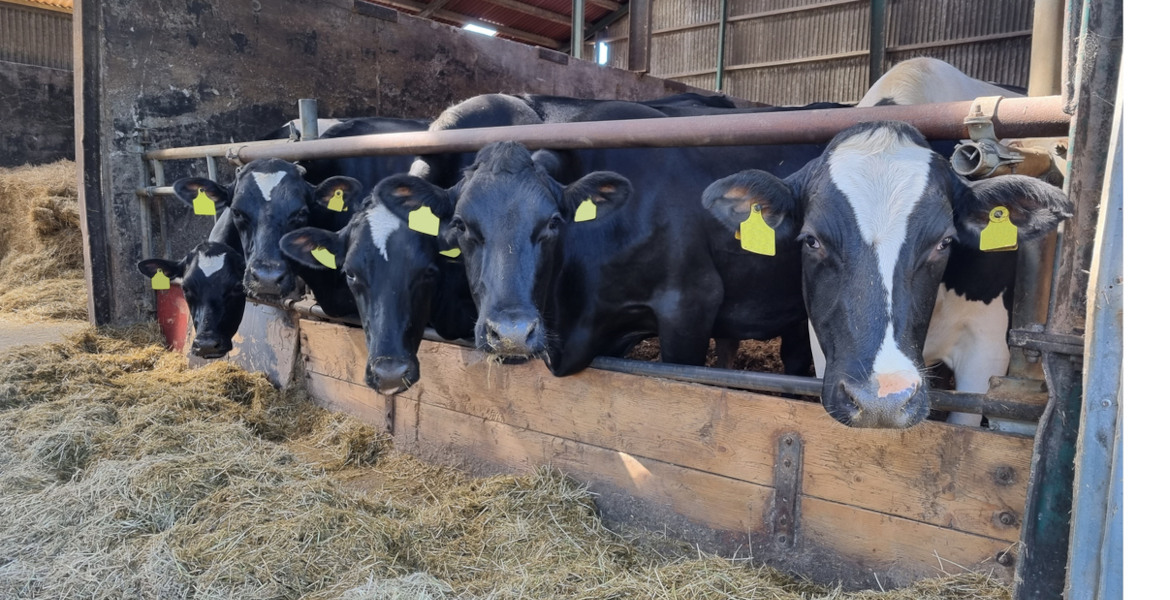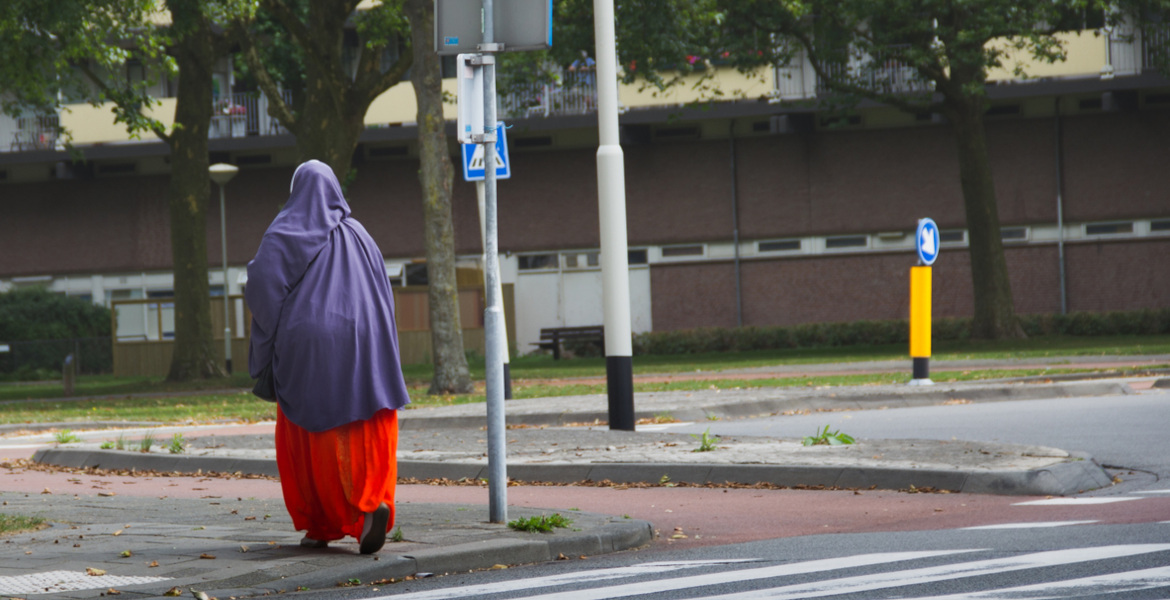The Norwegian government is halting the handing out of licenses for seabed mining. Reportedly, the plans are temporarily hampered due to tough budget negotiations.
At the beginning of the year, the Norwegian Parliament voted in favor of so-called deep-sea mining, that is, mining on the seabed. The minerals they hoped to extract included cobalt, magnesium, nickel and copper. The decision was met with strong criticism, including from 120 MPs and MEPs from 19 different parliaments, who sent a letter to Norwegian politicians urging them to say no to mining.
Over the weekend, the Norwegian government negotiated the state budget for next year. There it was decided to postpone the planned mining, an initiative mainly driven by the Socialist Left (SV).
– We have stopped the plans to open up mining on the seabed, says party leader Kirsti Bergstø.
Only a pause
The Norwegian branch of WWF welcomes the decision. It had previously filed a lawsuit against the government over the deep-sea mining plans.
– The government rushed ahead, ignoring warnings from experts about significant knowledge gaps that made seabed mining indefensible. Fortunately, SV has recognized the seriousness of the situation and taken responsibility to stop the madness, said Karoline Andaur, Secretary General of WWF.
Prime Minister Jonas Gahr Støre emphasizes that this is a pause in the plans, not a definitive stop to seabed mining.
– It will be a postponement and we have to be able to accept that, Støre told Norwegian TV 2.




